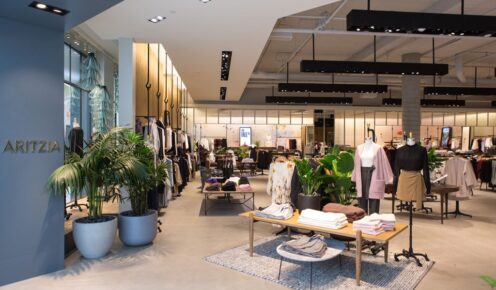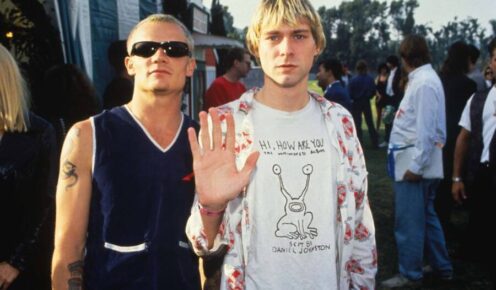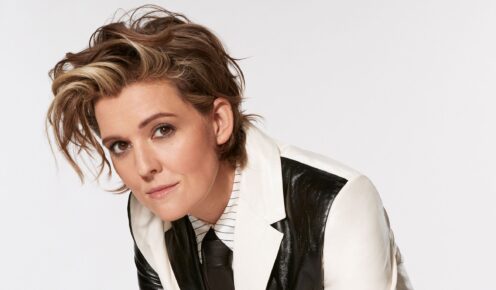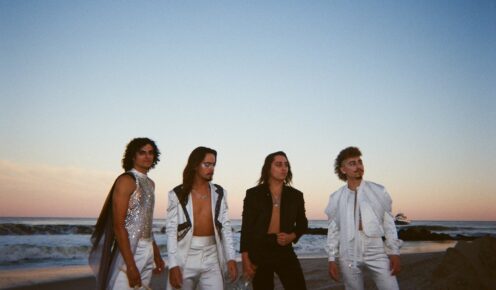Redefining Fashion Standards in the 2020s
With 2025 just around the corner, we find ourselves at a crucial halfway point in the 2020s—a moment ripe for reflection and recognition of the style icons who’ve shaped this era. While fashion may never stand still, it’s clear that this decade is rewriting the rules in powerful and resonant ways, often blurring the lines between runway and street, gender norms, and sustainability. From daring trendsetters to cultural movements, these style leaders have left a mark that goes far beyond clothing—it’s a cultural renaissance redefining how we express who we are.
The Cultural Rebels: Breaking Gender Norms
In the early years of the 2020s, fashion became a battleground for cultural shifts around gender fluidity and inclusivity. Few figures embodied this evolution as powerfully as Billy Porter, a performer whose fashion choices are nothing short of revolutionary. From the moment he stepped onto the 2019 Oscars red carpet in a tuxedo gown designed by Christian Siriano, Porter has used fashion to challenge stereotypes and provoke dialogue. His blend of masculinity and femininity in theatrical, boundary-pushing ensembles has turned every red-carpet appearance into a statement piece—a moment to be dissected, admired, and reinterpreted by a global audience.
Porter’s influence extends far beyond the fabrics he wears; he’s a vocal advocate for self-expression, LGBTQ+ rights, and dismantling traditional gender norms in every facet of life. Whether it’s a billowing cape, sequined suit, or a corseted gown, Porter consistently transforms fashion into a platform for empowerment and social change. By showcasing how clothing can reflect fluidity and fearlessness, Porter has inspired designers and audiences alike to embrace their true selves unapologetically.
Harry Styles, meanwhile, has echoed this ethos by incorporating feminine touches into traditionally masculine looks, appearing on the cover of Vogue in a flowing gown. Styles’ approach to blending sartorial elements demonstrates the power of subversion and self-expression, particularly for younger generations exploring their own identities.

Adding to this cultural revolution is Billie Eilish, whose early penchant for oversized streetwear rejected the hypersexualization of women in the public eye. As her style evolved, Eilish demonstrated how personal expression can shift, embracing more fitted red-carpet attire while maintaining her trademark edge. Together, these icons have turned fashion into a canvas for dialogue, self-empowerment, and transformation.
The Streetwear Renaissance: Virgil Abloh and His Legacy
Any retrospective on the 2020s would be incomplete without acknowledging Virgil Abloh, who tragically passed away in 2021 but left an indelible mark on fashion. As the first Black artistic director of Louis Vuitton’s menswear and founder of Off-White, Abloh’s influence redefined luxury fashion through streetwear’s lens. He created a world where sneakers meet couture and hoodies rub shoulders with fine tailoring—where fashion’s boundaries blur, and accessibility meets aspiration.
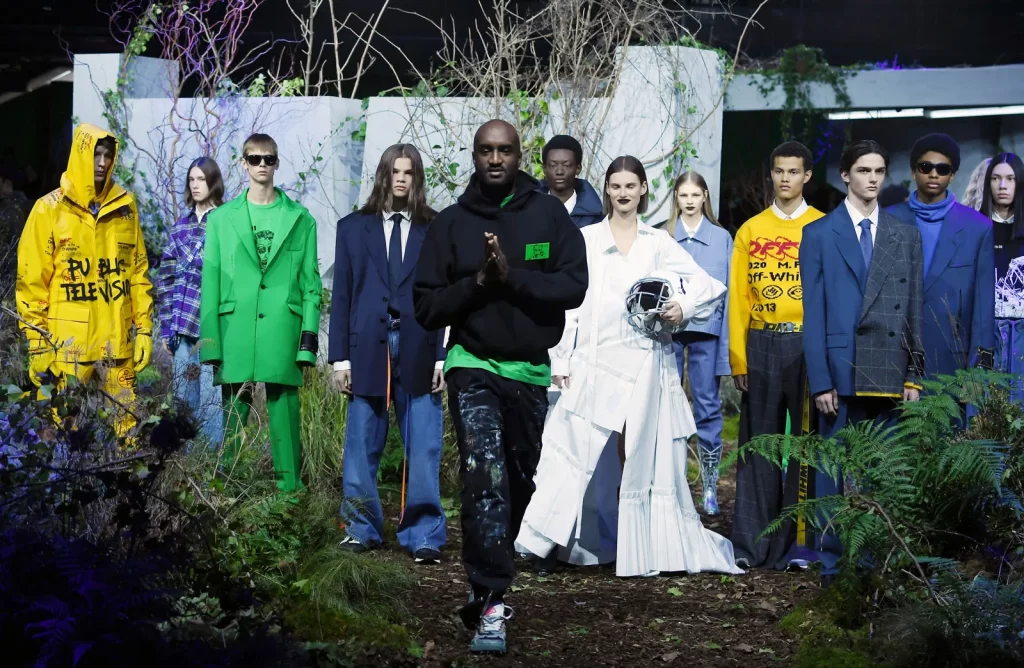
Abloh’s collaborations with Nike, Ikea, and artists like Kanye West reshaped not only the fashion landscape but also the culture at large. His signature quotation-mark branding, irreverent approach, and commitment to uplifting Black creatives inspired a new generation of designers, ensuring that his vision continues to reverberate across runways and city streets.
K-pop’s Fashion Takeover
The 2020s have witnessed a global wave of K-pop influence, which extends far beyond music and dance. K-pop idols like BLACKPINK’s Lisa, BTS’s J-Hope, and EXO’s Kai have become fashion icons in their own right, commanding front-row seats at major fashion weeks and inking collaborations with high-profile brands. Their fearless approach to fashion—mixing streetwear with luxury couture and gender-blurring ensembles—has cemented their status as global style icons.
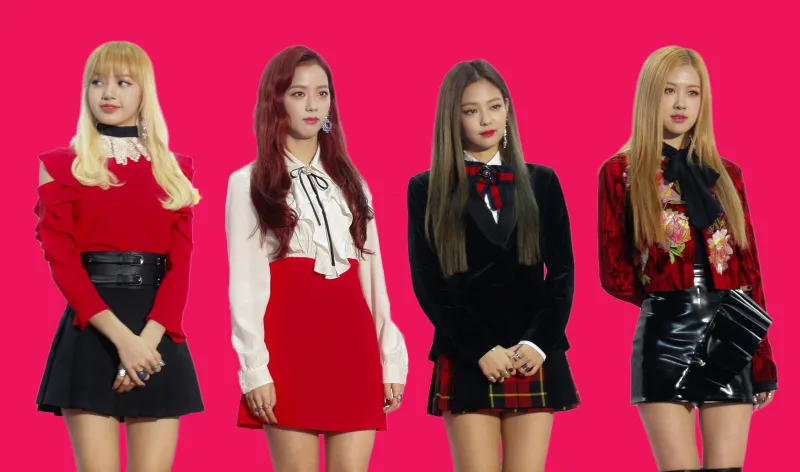
The reach of K-pop stars is nothing short of massive; their influence transcends borders, introducing millions of fans to new styles and pushing brands to evolve alongside the genre’s diverse and highly engaged fan base. With partnerships with luxury labels like Chanel, Gucci, and Louis Vuitton, K-pop idols have redefined what it means to be a celebrity fashion influencer, leveraging their visibility to blend tradition with modernity.
Sustainability Stars: Leading the Green Revolution
As the climate crisis escalated, sustainable fashion moved from a niche concern to the heart of the industry’s discourse. Enter Stella McCartney, whose advocacy for animal-free, eco-friendly fashion predates the 2020s but whose influence crescendoed during this period. She has become a symbol of high-fashion sustainability, pushing for innovative fabrics and circular fashion models while maintaining luxury aesthetics.
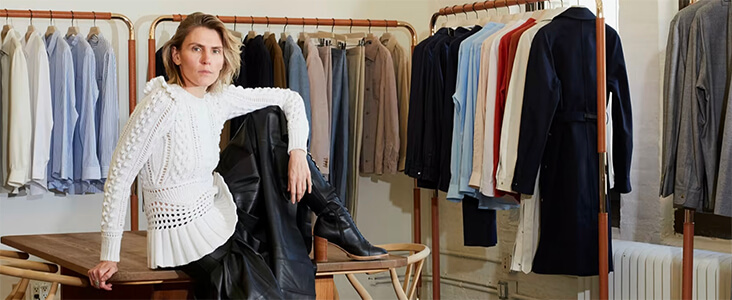
Gabriela Hearst, another key figure, brought sustainability to the runway with elegant minimalism, using deadstock fabrics and promoting transparency in production. Her work at Chloé cemented her status as a leader in green fashion, proving that elegance and eco-consciousness are not mutually exclusive.
Digital Couture: The Rise of Virtual Influencers and Meta Fashion
In a decade where technology transformed every facet of our lives, fashion was no exception. Virtual influencers like Lil Miquela, a computer-generated model, rose to prominence and blurred the lines between reality and digital fantasy. Digital fashion, NFTs, and meta-fashion houses emerged, creating a parallel universe where style knows no physical limits.
The rise of virtual fashion shows during the COVID-19 pandemic accelerated this transformation. Designers like Balenciaga’s Demna embraced the virtual world, creating immersive digital experiences that captivated global audiences and cemented the role of tech in modern fashion storytelling.
Celebrating Inclusivity: The Era of Diversity
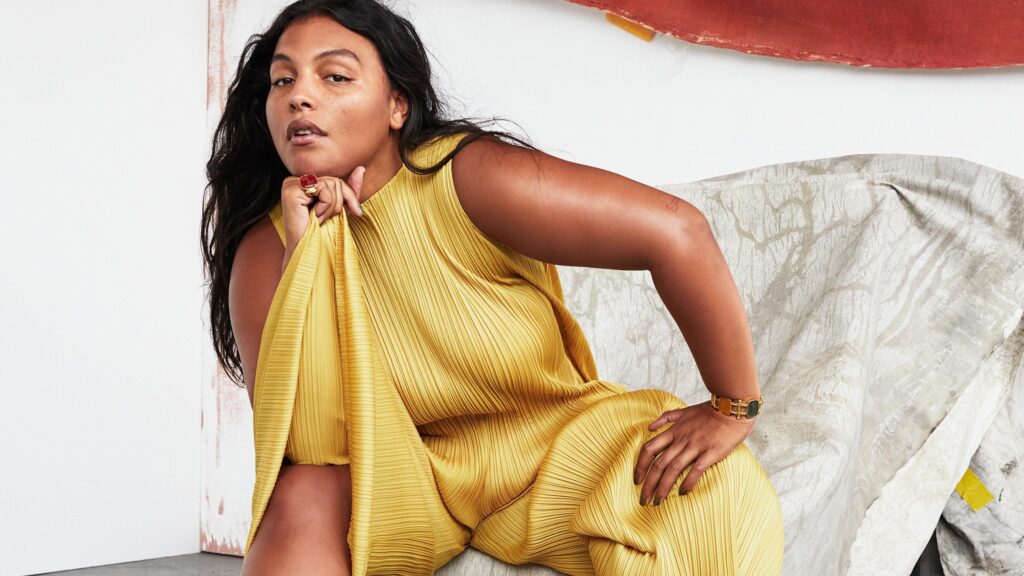
The 2020s marked a seismic shift in fashion’s relationship with inclusivity. Style icons such as Paloma Elsesser, a trailblazing plus-size model, and Precious Lee, another advocate for body diversity, shattered outdated beauty standards and brought representation to the forefront. This decade has celebrated different body shapes, sizes, and backgrounds, moving toward a more inclusive and empowering industry.
Designers like Prabal Gurung and Christian Siriano consistently showcased collections that honored diversity and spoke to the need for representation in all aspects of fashion, from runway to retail.
The Signature Style Icons
Among the standout personalities is Zendaya, whose red-carpet prowess has earned her status as a true fashion chameleon. Whether channeling Old Hollywood glamor or embracing bold, futuristic designs, Zendaya exemplifies fashion’s power to tell a story. With Law Roach as her stylist, she’s reshaped what it means to be a young, fearless style icon.
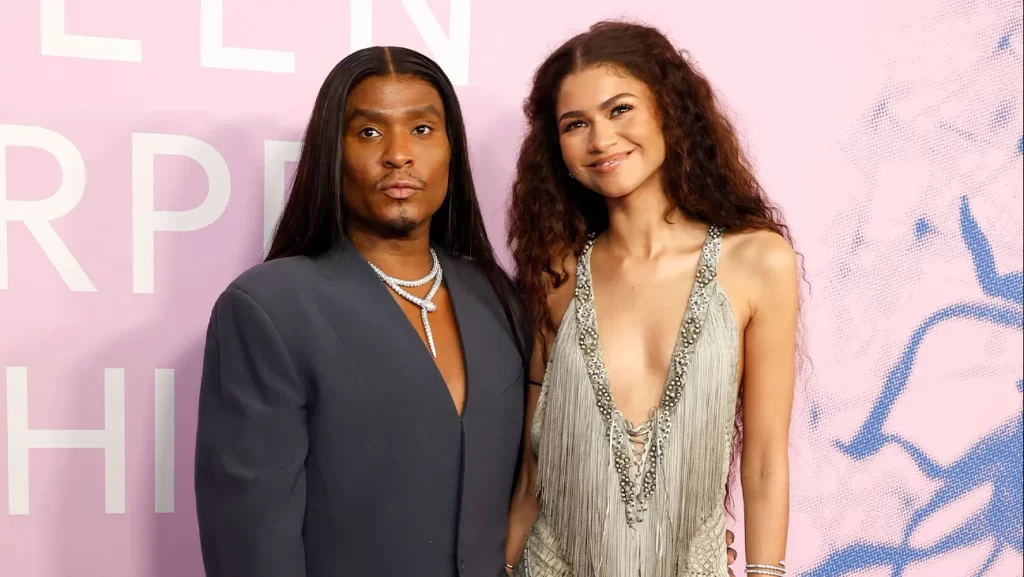
Another prominent figure is Timothée Chalamet, whose effortless blend of high-fashion tailoring, streetwear elements, and gender-blurring silhouettes has made him a style touchstone for the decade’s youth. Together, these icons embody the freedom and fluidity that define 2020s style.
Moving Toward 2025: What’s Next?
As we stand at the halfway mark of this defining decade, one thing is certain: the fashion standards of the 2020s are still being written, deconstructed, and reimagined. We’ve moved beyond the binary, embraced sustainability, and redefined luxury and streetwear. The next five years will bring new challenges, voices, and visions, but the commitment to authenticity, creativity, and inclusivity is here to stay.
The fashion icons of today are more than style arbiters; they’re cultural architects shaping the world we live in. As we approach 2025, their influence will continue to inspire and redefine how we see ourselves and the clothes we wear. So keep your eyes on the runways, red carpets, and streets—because the style revolution of the 2020s is just getting started.
Sources
- Vogue Magazine
Articles and interviews featuring Harry Styles, Billy Porter, Zendaya, and Timothée Chalamet’s impact on modern fashion.
www.vogue.com - Louis Vuitton and Virgil Abloh’s Legacy
Coverage of Virgil Abloh’s influence on luxury fashion, streetwear, and his role at Louis Vuitton and Off-White.
www.louisvuitton.com | www.off—white.com - Sustainable Fashion Leaders – Stella McCartney and Gabriela Hearst
Information on their sustainable practices, innovations, and influence on eco-friendly fashion.
www.stellamccartney.com | www.chloe.com - Fashion Revolution
Resources and reports on inclusivity, ethical practices, and representation in the fashion industry.
www.fashionrevolution.org - Digital Fashion Insights from Balenciaga and Meta Fashion Developments
Information on digital couture, virtual fashion shows, and the influence of technology in fashion.
www.balenciaga.com | Articles from The Business of Fashion.
www.businessoffashion.com - Paloma Elsesser and Precious Lee – Representation in Fashion
Coverage on their influence on body positivity and representation in the fashion industry.
www.elle.com | www.harpersbazaar.com - Zendaya’s Fashion Transformation and Collaborations with Law Roach
Articles showcasing Zendaya’s red carpet looks and collaborations with her stylist, Law Roach.
www.instyle.com | www.essence.com - The Influence of Timothée Chalamet on Modern Men’s Fashion
Coverage of his style impact on redefining menswear for a new generation.
www.gq.com - The Guardian – Articles on Sustainable and Inclusive Fashion Movements
Insights on the changing landscape of fashion in terms of sustainability and representation.
www.theguardian.com - Runway Coverage from Fashion Weeks (Paris, London, New York)
Collections and trends influencing global fashion norms.
www.vogue.com/fashion-shows | www.nytimes.com/section/fashion
